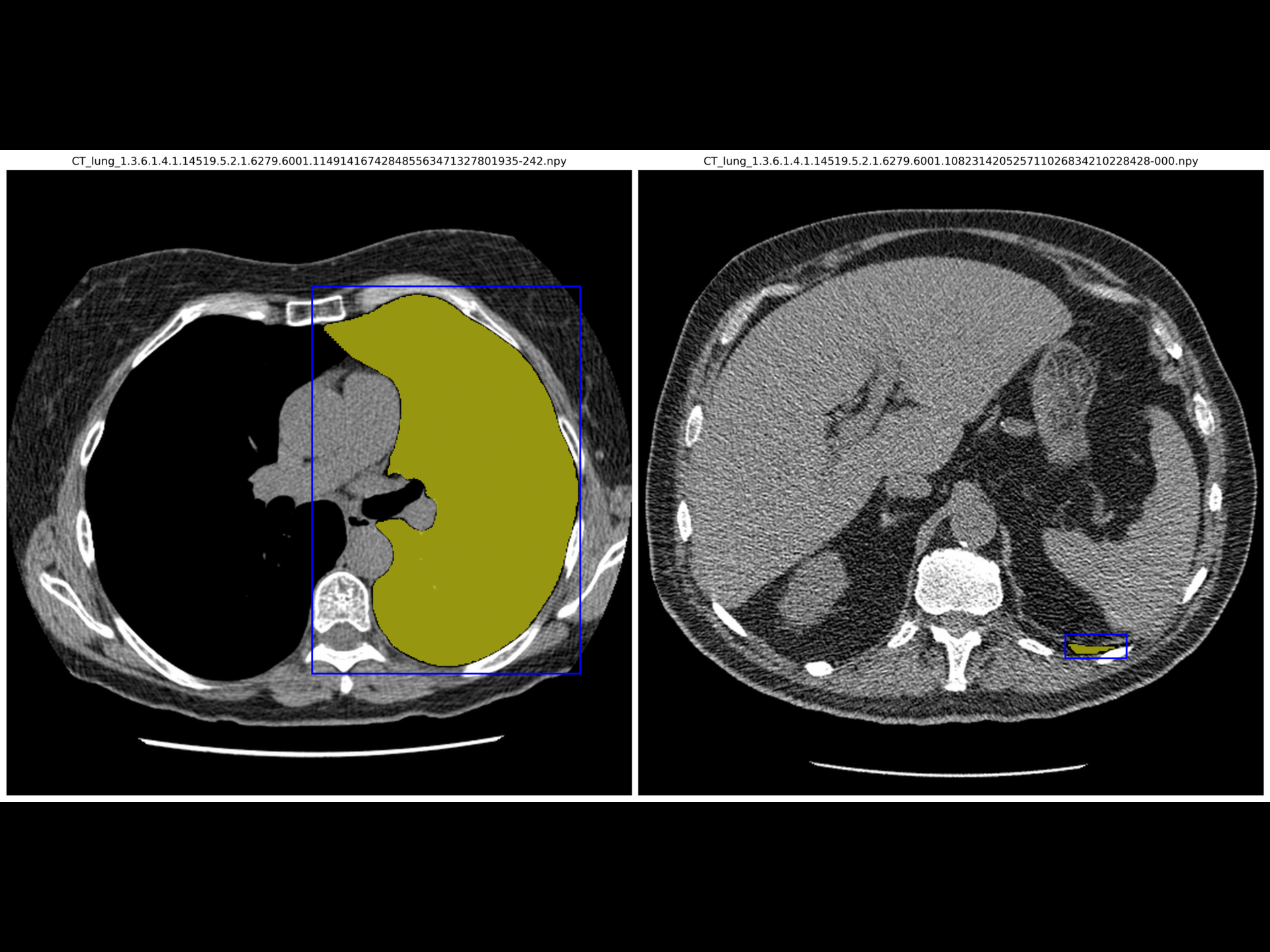
Deep Learning for Lung Cancer Diagnosis
The application of deep learning in healthcare is revolutionizing the way we approach diagnostics and treatment plans. I'd like to highlight a specific use-case (My subject): the role of deep learning in the segmentation of lung cancer in medical imaging.
📊 Why Segmentation?
Segmentation is crucial for isolating the region of interest (ROI) in medical images, thereby enabling precise quantification and analysis. In lung cancer diagnosis, accurate segmentation of the tumor can guide clinicians in determining the stage of cancer and the best course of treatment.
🤖 Deep Learning Algorithms
Convolutional Neural Networks (CNNs) and U-Net architectures have shown promising results in achieving high precision and recall rates for lung tumor segmentation. These algorithms can sift through CT scans to accurately identify and isolate cancerous tissue, reducing both false positives and false negatives.
⚙️ Workflow
The deep learning models are trained on labeled datasets comprising thousands of CT scans. Post-training, the model can autonomously analyze new scans, highlighting potential cancerous regions for further clinical evaluation.
🎯 Precision Medicine
By automating the segmentation process with high accuracy, deep learning algorithms enable a more personalized approach to lung cancer treatment, allowing clinicians to focus on developing patient-specific therapeutic strategies.